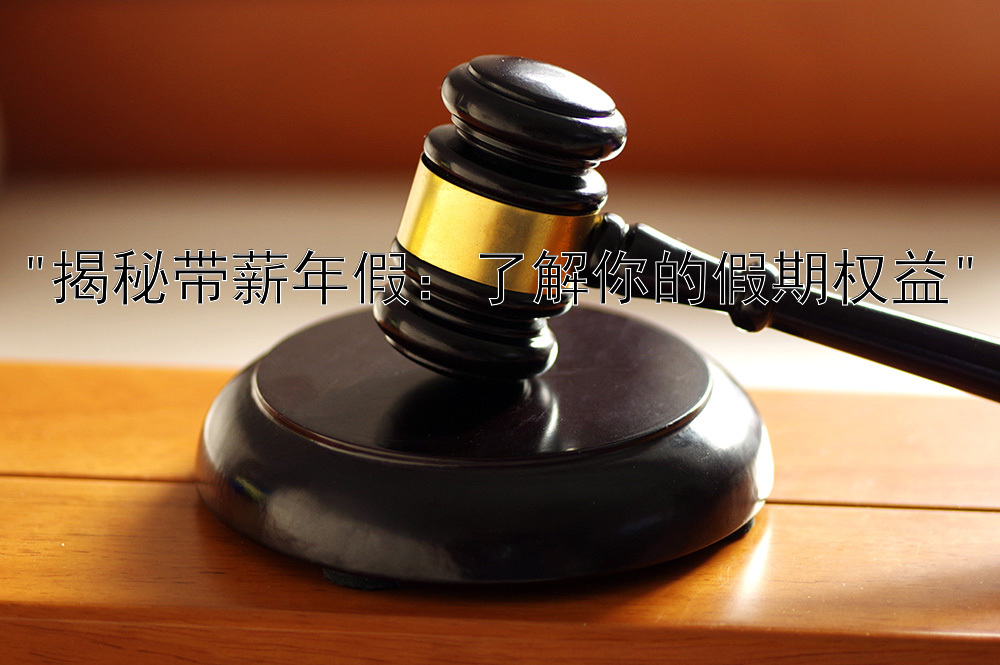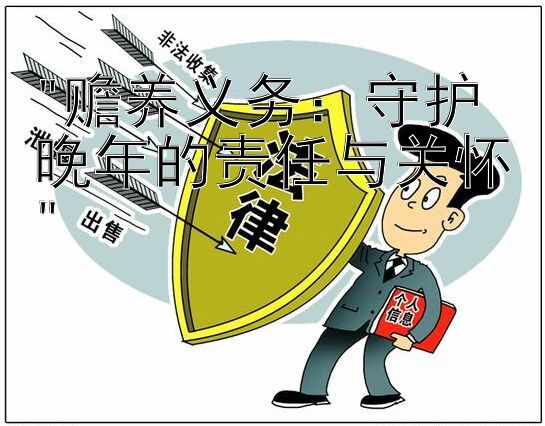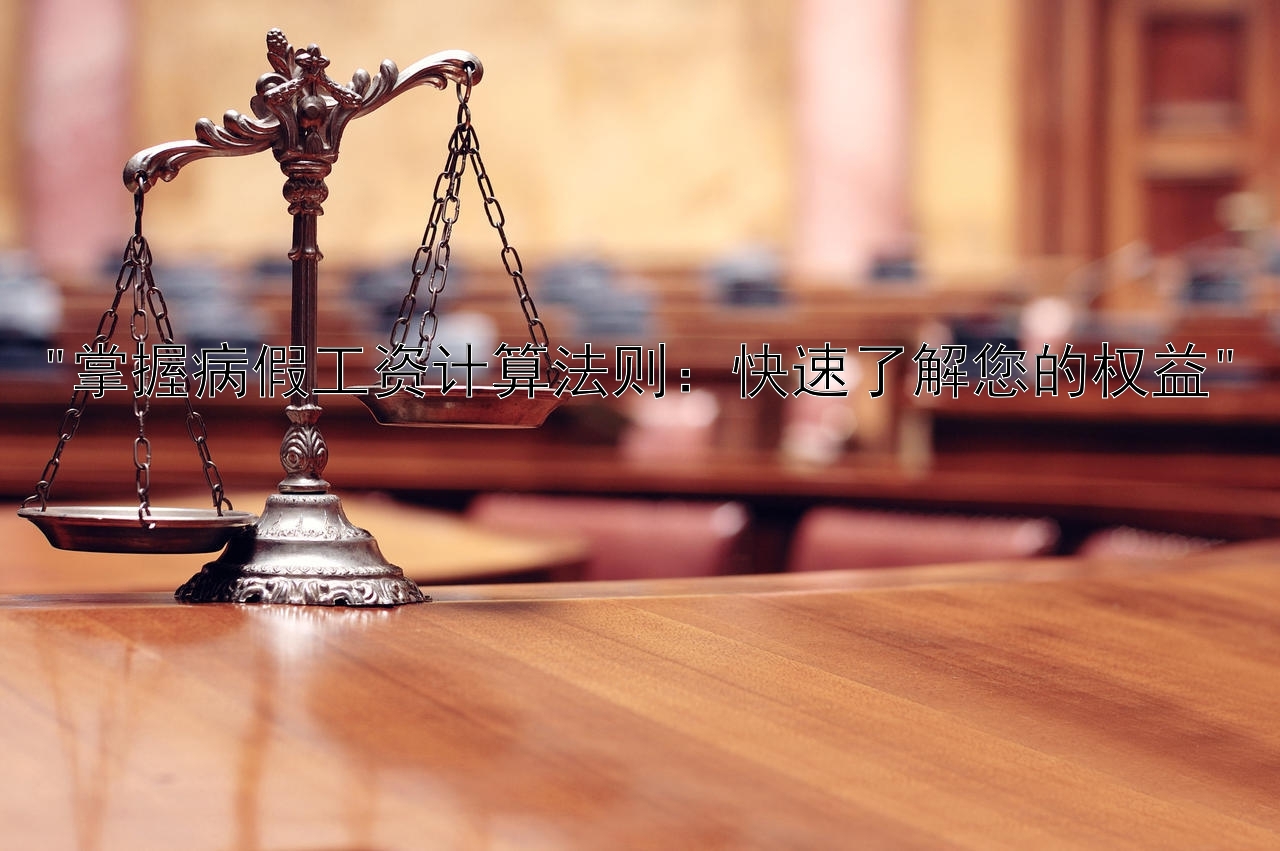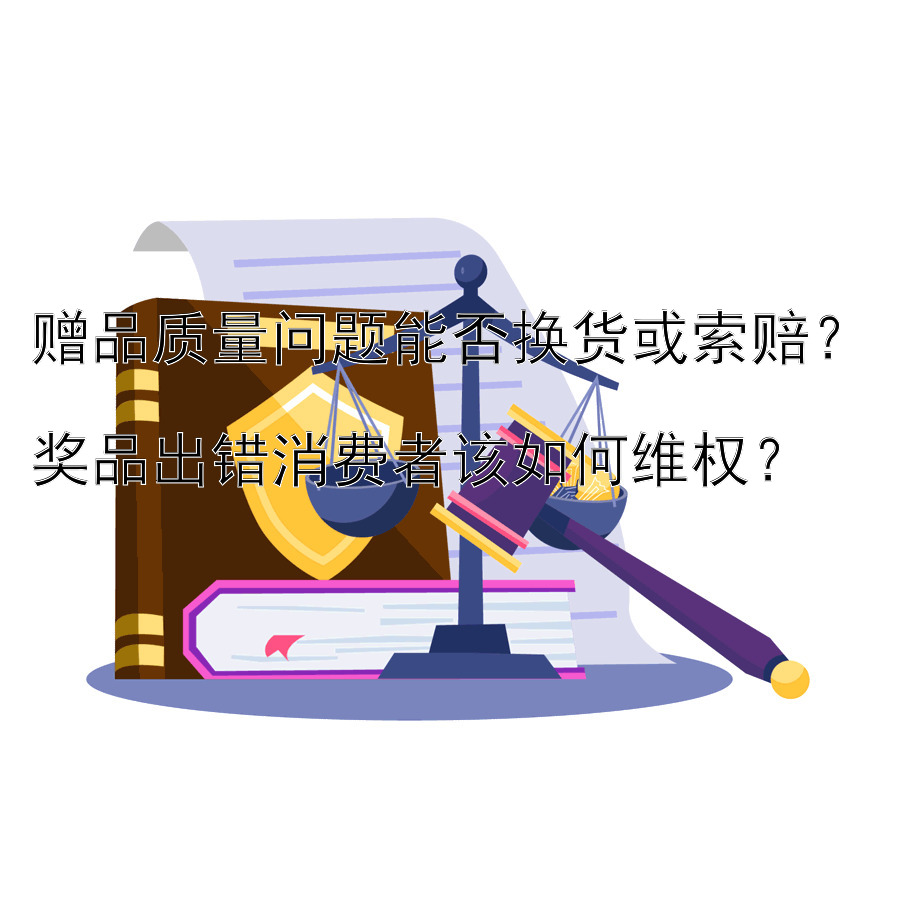在中国的现代化进程中,民营经济始终扮演着重要角色,是推动经济发展和社会进步的重要力量。近年来,随着中国政府对优化营商环境、保护民营企业合法权益的高度重视,民营经济的法治环境日益完善,迈入了新的发展阶段。本文将对这一法治新时期的亮点进行解读,并探讨其未来发展趋势和可能面临的挑战。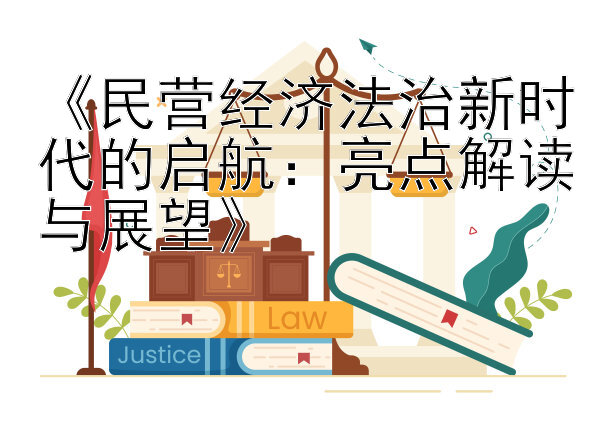
一、政策法规体系逐步健全
为了保障民营企业的平等地位和发展权利,国家出台了一系列的政策文件和法律法规。例如,2019年颁布的《关于营造更好发展环境支持民营企业改革发展的意见》明确提出要为民营企业创造公平竞争的市场环境,破除隐形壁垒,规范涉企执法司法行为等;同年通过的新修订的《中华人民共和国外商投资法》也进一步放宽了对外资准入的限制,为包括民营企业在内的各类市场主体提供了更加开放的投资环境。这些政策的实施,不仅有利于激发民营企业的活力和创造力,也为民营经济的长远健康发展奠定了坚实基础。
二、依法保护企业家权益
在民营经济的发展过程中,保护企业家的合法权益至关重要。为此,各级法院不断加强 的a In the modernization process of China, private economy has always played an important role and is a significant driving force for economic development and social progress. In recent years, with the high attention paid by the Chinese government to optimizing business environment and protecting legitimate rights and interests of private enterprises, the legal environment for private economy has been continuously improved, ushering in a new era of rule of law. This article will interpret the highlights of this new period of rule of law related to private economy, discuss its future trends and possible challenges, and combine relevant laws and regulations as well as cases where appropriate.
- 2024年宪法实施监督新举措 推进法治建设的新进展与展望
- 2024年重点法律宣传活动 培养公民法治意识的新举措与展望
- 2024展望:人工智能与法律的融合新篇章
- 2024展望:行业协会如何塑造法律调解与秩序维护新格局
- 2024展望:国际法律政策比较与启示
- 2024展望:建设工程企业合同纠纷与工程款结算的法律挑战
- 2024年展望:我国儿童权益保护法律新动态
- 2024年展望:我国法律援助制度的新纪元
- 2024年展望:企业知识产权保护的强化新举措
- 2024绿色金融展望:法律如何驱动投资与融资
- 2024年展望:中国区块链法律监管新规与措施
- 2024年展望:[具体省份]科技创新法律政策新进展
- 展望2024:专家学者解析法律政策新动向
- 2024展望:中国国际法治合作新篇章 | 全球治理与司法协助的里程碑进展
- 2024展望:绿色发展与法律的双重角色
- 2024劳动法新趋势:适应变化与展望未来策略

